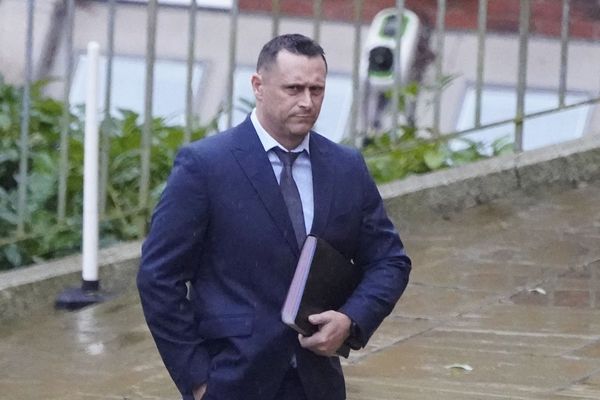
Joining the list of many other ongoing lawsuits relating to generative AI, The New York Times is now waging a battle in court against Microsoft and OpenAI due to their use of NYT content in Copilot and ChatGPT [h/t The Verge].
Specifically, The New York Times is seeking "billions of dollars in statutory and actual damages" from both AI providers for using "millions" of NYT articles by either directly quoting them or closely imitating them.
As The New York Times says in its lawsuit, "Through Microsoft's Bing Chat (recently rebranded as "Copilot") and OpenAI's ChatGPT, Defendants seek to free-ride on The Times' massive investment in its journalism by using it to build substitutive products without permission or payment."
These are some pretty scalding claims, and unfortunately for Microsoft and OpenAI, seemingly credible claims, since The New York Times provided examples of OpenAI copying Times content in its lawsuit. One way or another, the overwhelming majority of AI "training data" is other people's work, whether written, photographed, illustrated, etc.
This training data being taken and applied without care for publisher permission or author consent for profit certainly could satisfy the definition of copyright infringement, considering the nature of generative AI. With the evidence that NYT produced in this case, one can only hope that they get their money's worth, and this precedent helps cut down on the rampant copyright infringement present in the generative AI space.
While AI exploiting writers, artists, and other workers is a real and currently very under-litigated issue, there are still ways to fight the issue outside of the courtroom.
For example, some artists have started using a tool called "Nightshade" that poisons AI training models that scrape their work without permission.
Additionally, a Washington, D.C. federal court recently ruled that AI art is not protected by copyright, leaning on a precedent establishing that only humans have standing under the Copyright Act.
As truly fascinating as advancements in artificial intelligence and PC hardware are, it's important to remember that generative AI can do nothing without being trained by real human beings. In the case of The New York Times, though, this training data was not given with permission, and if they secure their desired victory in this lawsuit, OpenAI and Microsoft will be paying billions of dollars for that mistake.







